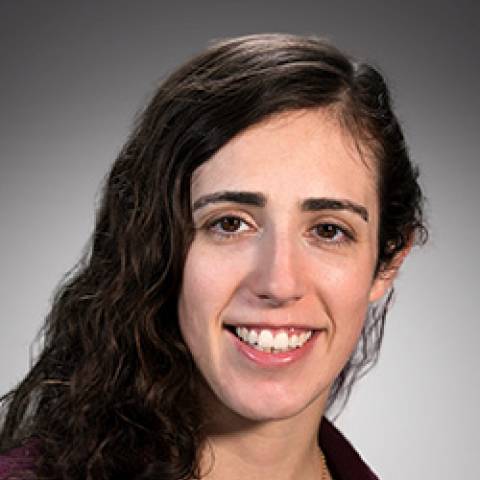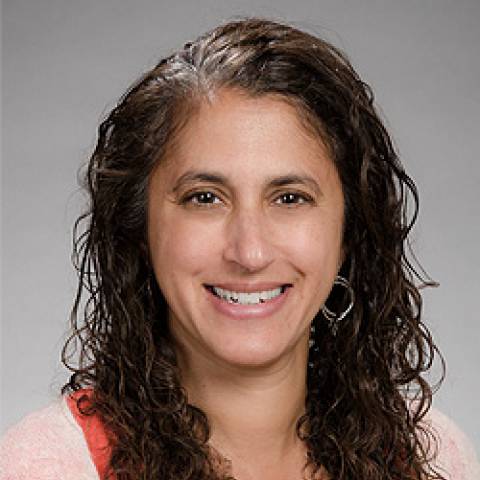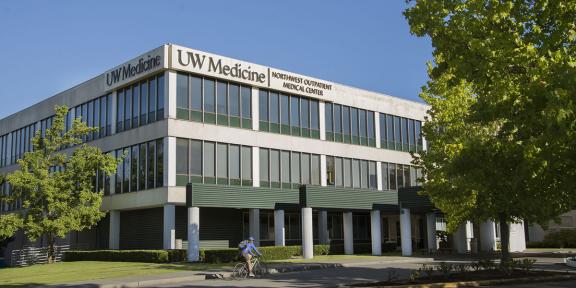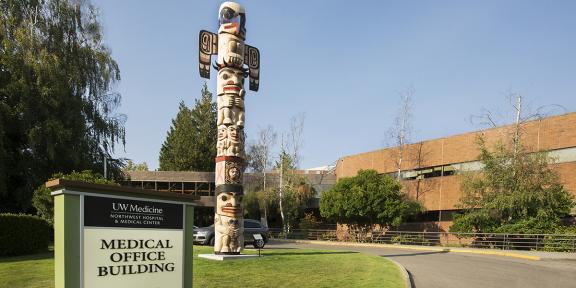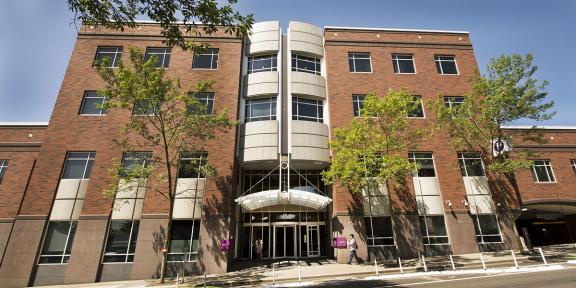Polycystic ovary syndrome (PCOS)
Polycystic ovarian syndrome, a hormonal disorder of reproductive-aged women, can pose health risks if not diagnosed and treated.
Polycystic ovary syndrome (PCOS)
Polycystic ovarian syndrome, a hormonal disorder of reproductive-aged women, can pose health risks if not diagnosed and treated.

Key points about PCOS
- PCOS is a very common hormone problem for women of childbearing age.
- Women with PCOS may not ovulate, have high levels of androgens, and have many small cysts on the ovaries.
- PCOS can cause missed or irregular menstrual periods, excess hair growth, acne, infertility, and weight gain.
- Women with PCOS may be at higher risk for type 2 diabetes, high blood pressure, heart problems, and endometrial cancer.
- The types of treatment for PCOS may depend on whether or not a woman plans to become pregnant. Women who plan to become pregnant in the future may take different kinds of medicines.
What is PCOS?
Polycystic ovary syndrome (PCOS) is a set of symptoms caused by a problem with a woman’s hormones. It affects the ovaries. These are the small organs that store a woman’s eggs. But it can also affect the rest of the body. PCOS is a very common condition in women of childbearing age. In some cases, it can lead to serious health issues if not treated.
Ovulation happens when a mature egg is released from an ovary. This happens so it can be fertilized by a male sperm. If the egg is not fertilized, it is sent out of the body during your period.
In some cases, a woman doesn’t make enough of the hormones needed to ovulate. When ovulation doesn’t happen, the ovaries can develop many small fluid-filled sacs (cysts). These cysts make hormones called androgens. Androgens are a type of hormone found in abundance in men, but women normally have them in smaller amounts. Women with PCOS often have high levels of androgens. This can cause more problems with a woman’s menstrual cycle. And it can cause many of the symptoms of PCOS.
Treatment for PCOS is often done with medicine. This can’t cure PCOS, but it helps reduce symptoms and prevent some health problems.
What are the symptoms of PCOS?
The symptoms of PCOS may include:
- Missed periods, irregular periods, or very light periods
- Ovaries that are large or have many cysts
- Extra body hair, including the chest, stomach, and back (hirsutism)
- Weight gain, especially around the belly
- Acne or oily skin
- Male-pattern baldness or thinning hair
- Infertility
- Small pieces of extra skin on the neck or armpits (skin tags)
- Dark or thick skin patches on the back of the neck, in the armpits, and under the breasts
When should I contact my doctor?
Seek care immediately if:
- PCOS symptoms like excess body hair, extra skin and weight gain are becoming more severe, which could mean your insulin levels are rising.
Call your doctor if:
- You are having irregular cycles or your period has stopped.
- You want to get pregnant and need a PCOS diagnosis to begin treatment.
- You want to work on a nutrition plan along with PCOS care.
If you choose “BOOK OBGYN ONLINE,” select “Obstetrics and Gynecology” to make an appointment with an OBGYN.
PCOS care at UW Medicine
UW Medicine offers a full range of services to treat PCOS. From primary care to gynecology to reproductive endocrinology, our doctors coordinate care across our different specialties. In addition, comprehensive ultrasound and lab resources are available to assess your hormone levels, including your insulin resistance. Nutrition support is also available as an in-house referral from Reproductive Care at UW Medical Center – Roosevelt.
PCOS care begins with a diagnosis after laboratory tests, then the consideration of proper medications, referral to the appropriate specialist or expansion of your PCOS care team. Your care team partners with you to improve your quality of life and deliver the best PCOS treatment for you, with different intervention levels and depths of treatment. If you wish to conceive, sometimes oral medication before sex is sufficient; other times, you might need ongoing supplements or in vitro fertilization.
Many of our patients are active in clinical trials and research studies, such as a study measuring cardiovascular outcomes for postmenopausal women.
Full spectrum gynecology care
UW Medicine doctors specializing in PCOS
Mallory E. Kremer M.D.
Medical Specialties
Appointments
206.598.5500Vicki Mendiratta M.D.
Medical Specialties
Appointments
View contact detailsAnna R. Shope M.D.
Medical Specialties
Appointments
View contact detailsUW Medicine locations specializing in PCOS
Obstetrics and Gynecology Clinic at Northwest Outpatient Medical Center
Medical Specialties
Hours Today
Appointments
Obstetrics and Gynecology Clinic at UW Medical Center – Northwest
Medical Specialties
Hours Today
Appointments
OB/GYN and Primary Care at UW Medical Center - Roosevelt
Medical Specialties
Hours Today
Appointments
How is PCOS diagnosed?
Your healthcare provider will ask about your health history and your symptoms. You will also have a physical exam. This will likely include a pelvic exam. This exam checks the health of your reproductive organs, both inside and outside your body.
Some of the symptoms of PCOS are like those caused by other health problems. Because of this, you may also have tests such as:
- Ultrasound. This test uses sound waves and a computer to create images of blood vessels, tissues, and organs. This test is used to look at the size of the ovaries and see if they have cysts. The test can also look at the thickness of the lining of the uterus (endometrium).
- Blood tests. These look for high levels of androgens and other hormones. Your healthcare provider may also check your blood glucose levels. And you may have your cholesterol and triglyceride levels checked.
How is PCOS treated?
Treatment for PCOS depends on a number of factors. These may include your age, how severe your symptoms are, and your overall health. The type of treatment may also depend on whether you want to become pregnant in the future.
If you do plan to become pregnant, your treatment may include:
- A change in diet and activity. A healthy diet and more physical activity can help you lose weight and reduce your symptoms. They can also help your body use insulin more efficiently, lower blood glucose levels, and may help you ovulate.
- Medicines to cause ovulation. Medicines can help the ovaries to release eggs normally. These medicines also have certain risks. They can increase the chance for a multiple birth (twins or more). And they can cause ovarian hyperstimulation. This is when the ovaries release too many hormones. It can cause symptoms such as belly bloating and pelvic pain.
If you don't plan to become pregnant, your treatment may include:
- Birth control pills. These help to control menstrual cycles, lower androgen levels, and reduce acne.
- Diabetes medicine. This is often used to lower insulin resistance in PCOS. It may also help reduce androgen levels, slow hair growth, and help you ovulate more regularly.
- A change in diet and activity. A healthy diet and more physical activity can help you lose weight and reduce your symptoms. They can also help your body use insulin more efficiently, lower blood glucose levels, and may help you ovulate.
- Medicines to treat other symptoms. Some medicines can help reduce hair growth or acne.
What are possible complications of PCOS?
Women with PCOS are more likely to develop certain serious health problems. These include type 2 diabetes, high blood pressure, problems with the heart and blood vessels, and uterine cancer. Women with PCOS often have problems with their ability to get pregnant (fertility).
Living with PCOS
Some women struggle with the physical symptoms of PCOS, such as weight gain, hair growth, and acne. Cosmetic treatments, such as electrolysis and laser hair removal, may help you feel better about your appearance. Talk with your healthcare provider about the best ways to treat the symptoms that bother you.

